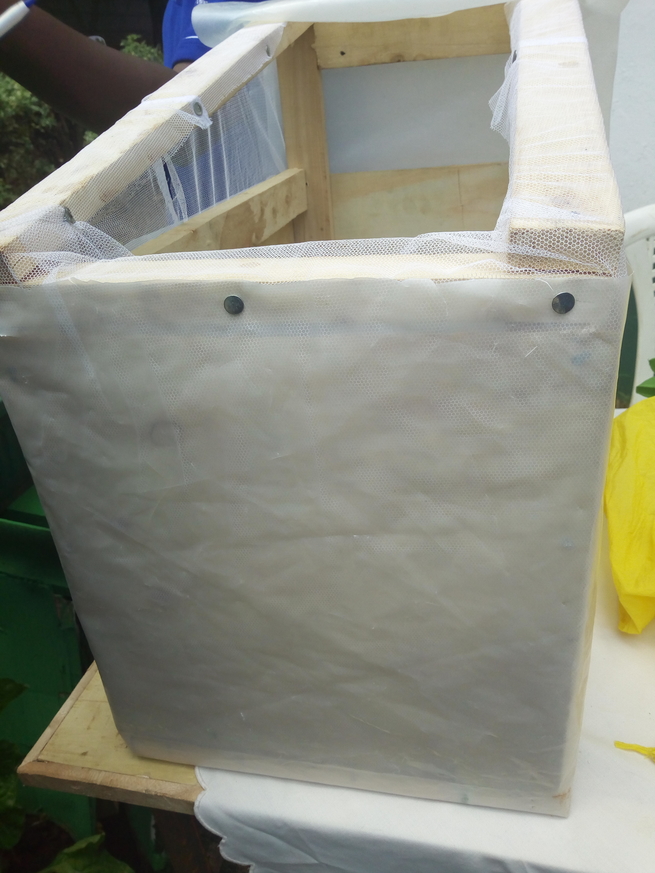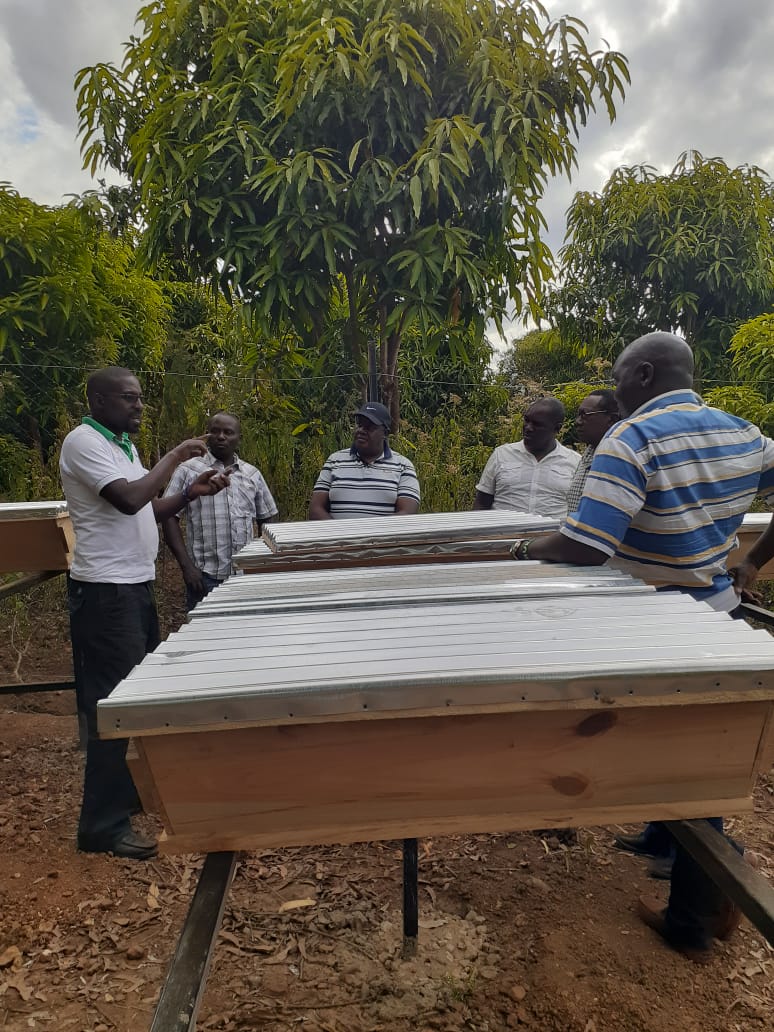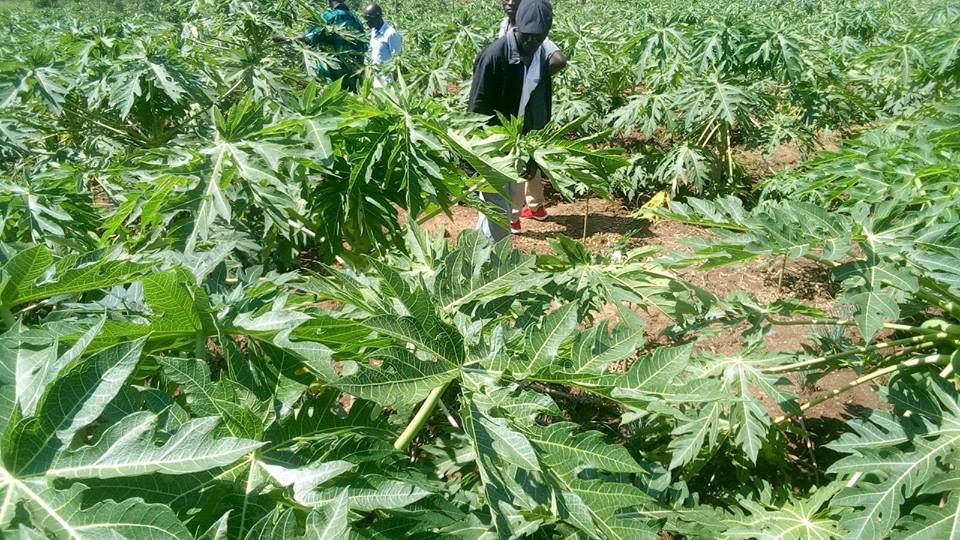A group of 35 youth in Kakamega County who are also school leavers have ventured into the production of Spirulina, a microalgae which is not cultivated by many farmers in the country currently earning them millions of shillings.
The group first got the idea of the lucrative venture from a professor and a nutritionist from of Masinde Muliro University which they were students around 2011. The professor who was pleased with the idea that the students shared then decided to help with research on production and marketing.
After which the farming of the nutrient-rich blue-green algae began within the university and the group would later acquire a small office at Mwalimu Centre Building in Kakamega town to conduct their activities.
Through funds from the government and other international bodies the group set up seven ponds at the university of which two are used for research while five are for growing spirulina.
The algae is harvested in seven to 21 days using fine linen and a sieve before it is placed in a solar drier to remove moisture.
RELATED CONTENT: Algae-based organic fertiliser doubles crop and livestock yields

Spirulina at the initial stage of production. Photo, Zablon Oyugi
From their tiny office, the group grinds the dried spirulina pellets into fine powder. The powder is then packaged into 500mg capsules and sold for Sh10 each. It is also mixed with honey to make a honey tonic used to treat coughs and colds. The group is targeting the market with a food supplement for the malnourished -- including children and the elderly.
Further research work is in progress on the use of residue extracted from the algae to manufacture hair shampoos and other beauty and products.
"We have big plans to set up a cooperative society and train farmers to grow mushrooms and spirulina for products we have started making and selling," said Clare Muhindi, a group member.
RELATED CONTENT: Farmer targets more income with rising demand for rare crops
The group is fundraising to take spirulina farming skills to farmers in the region with the hope that they will adopt it as an income generating venture. Their strategy according to their chairman is to invest in value addition to the spirulina to penetrate the market and inspire future expansion operations.
This interesting kind of farming has catapulted the group into national stardom with students and scientists from across the country travelling to learn more on spirulina farming.
Kari Harris, a student at the School of International Training in Nairobi, said she had travelled all the way from Mombasa to see how the group was going about the rare farming.
"I have travelled here to be able to learn how the food supplement can be used to deal with malnutrition in poor communities and I must say that I'm impressed by efforts shown by the group," said Harris.
The group has also been involved in a campaign to sensitise the public and medical teams to adopt use of the supplements which boost the immunity of HIV/Aids. Spirulina has been widely used as a dietary supplement in many parts of the world since 1970.
RELATED CONTENT: Rare fruit fetches KSh2,300 per Kg in Kenya

An enclosed structure in which spirulina is grown. Photo, Zablon Oyugi.
Spirulina, has been harvested by indigenous peoples in Mexico and parts of Africa for hundreds of years. In the past two decades, commercial production has begun in many countries including Mexico, Thailand, Chile, India, Myanmar, Taiwan and the United States. Current worldwide production is estimated at about 3,000 tonnes. However, in Africa the potential of this spiral-shaped algae to boost health, immunity and incomes has so far been realised only in Chad, where the annual spirulina harvest of about 40 tonnes is worth US$100,000.
Spirulina is often referred to as a superfood because it is 60-70 per cent protein and it also provides essential fatty acids, phytochemicals such as beta-carotene (which the body converts into vitamin A) and micronutrients, including vitamin B12 (which is rare in plants) and iron.
In a 2002 review of almost 100 published studies of spirulina, most conducted in the last ten years, Dr. Amha Belay stated in the Journal of the American Nutraceutical Association that the "evidence for its potential therapeutic application is overwhelming in the areas of immunomodulation, anti-cancer, anti-viral and cholesterol-reduction effects."
Write comment (7 Comments)
















